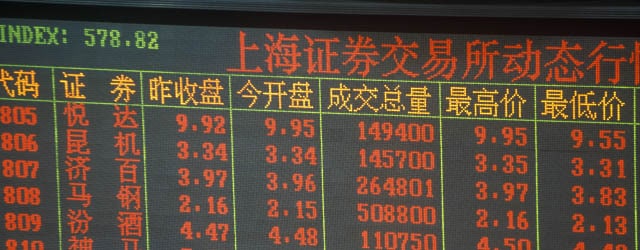Milestones | China

New legislation will lower the regulatory hurdles for foreign companies entering the Chinese market, but it is restricted to particular industries. China’s Ministry of Commerce posted a draft version of its Foreign Investment Law on its website in January. Currently, China has multiple laws governing foreign investment, and all foreign companies must receive approval before operating in China.
The new policy, if passed, will simplify the market entrance process for most foreign companies. But the proposed law has prompted concern about investment structures known as variable interest entities (VIEs). In such arrangements, domestic companies transfer control—but not ownership—to an overseas holding company. Foreign investors can invest in the holding company.
Chinese companies in restricted industries, including Internet giants Alibaba and Baidu, have used VIEs to raise money through international channels while remaining domestic companies for regulatory purposes. The draft law identifies control rather than ownership as the determining characteristic in domestic and foreign company classifications. According to this criterion, companies in VIE arrangements could lose their domestic designations and thus their operating licenses.
The proposed law only loosely defines the concept of control. Notes within the draft document indicate, however, that VIEs in which Chinese investors own the majority of the shares in the foreign holding company will be able to retain their domestic designation. This includes Alibaba and Baidu, which are still majority-owned by Chinese nationals.
Other cases may be more complicated. Companies with proportionally larger foreign ownership, such as media company Tencent, may have to adjust their management structures to more clearly shift control of company operations to Chinese nationals. The resulting ownership structures could create conflicts between the interests of shareholders and those of company management. Finally, multinational companies that have used VIEs to circumvent restrictions in protected industries would likely lose their domestic designations.



